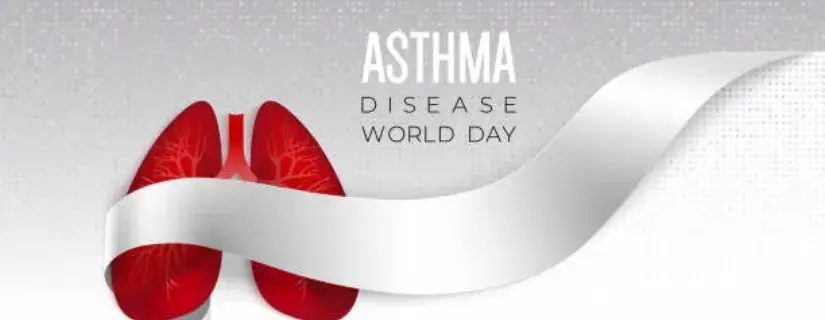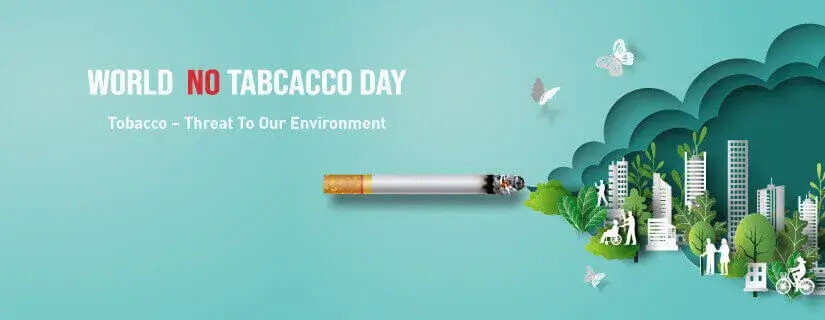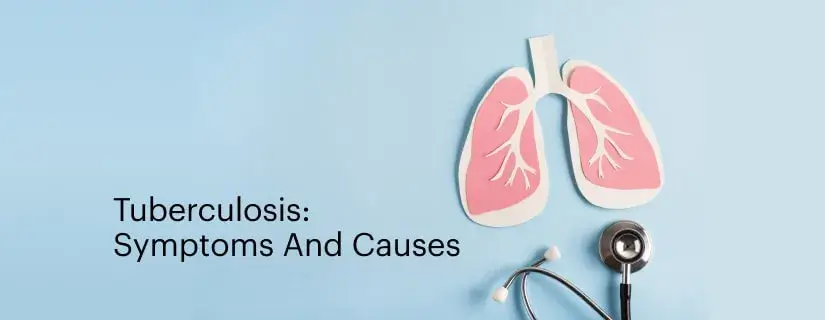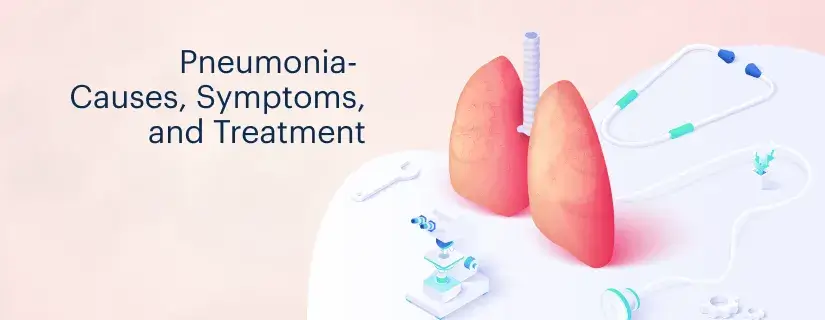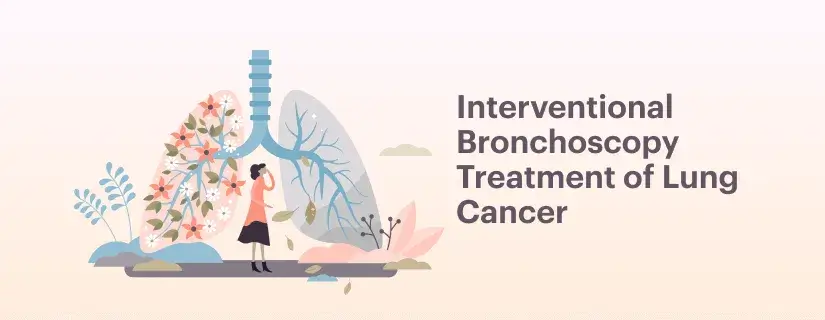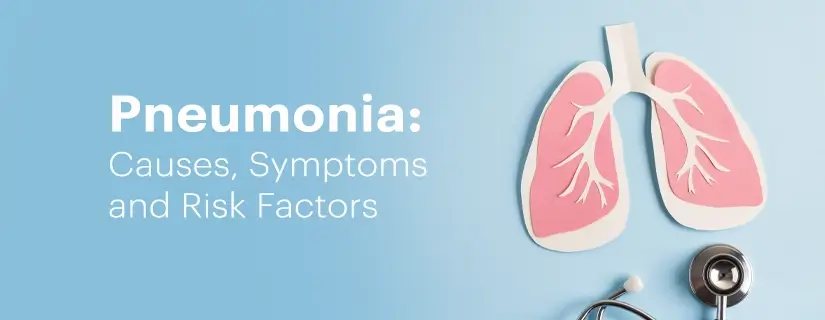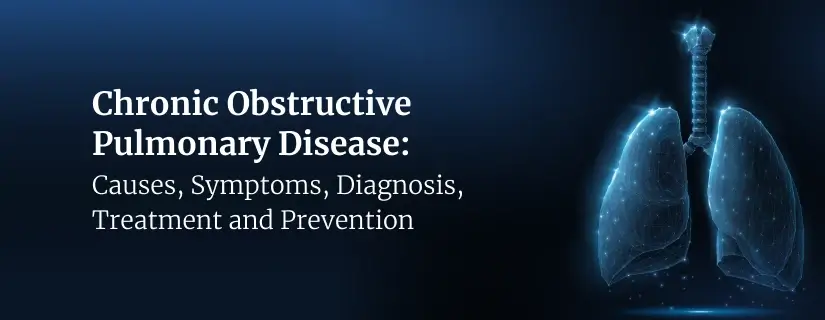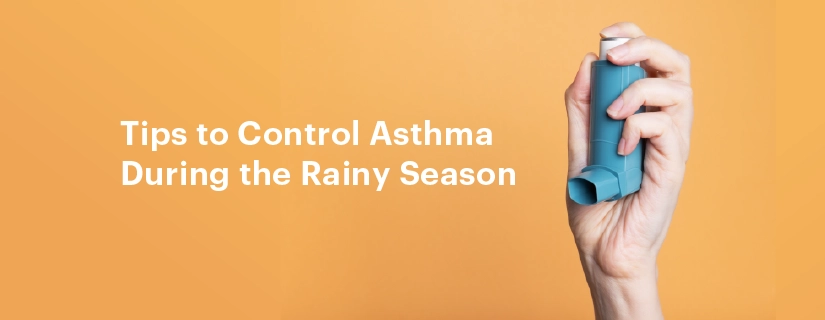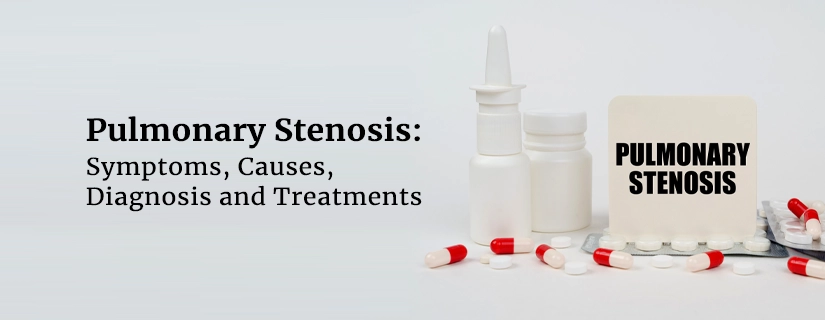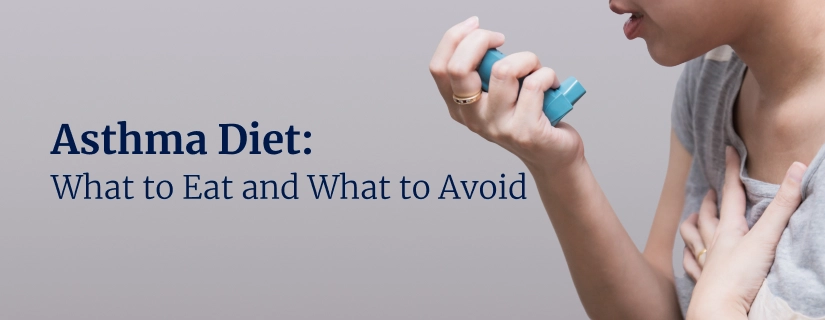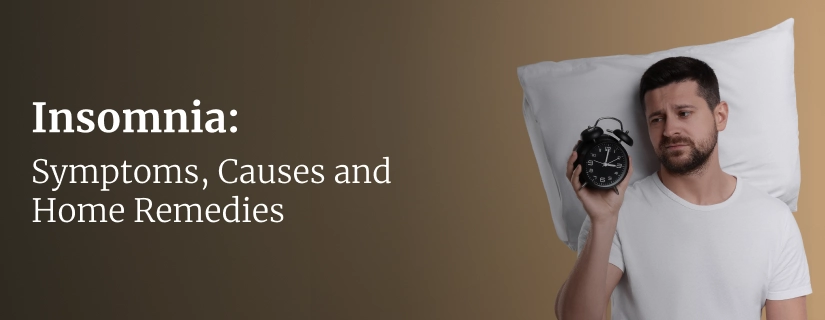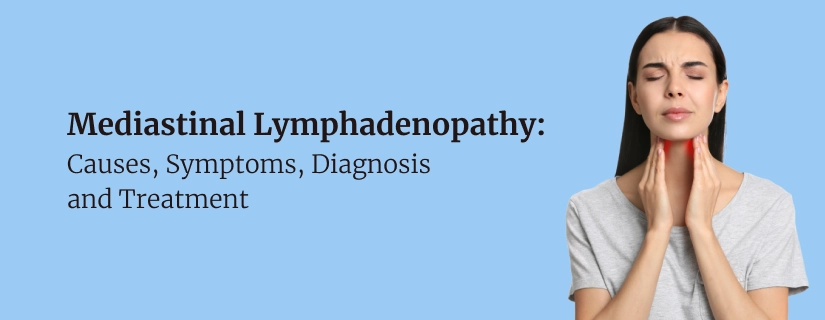-
Doctors
-
Specialities & Treatments
Centre of Excellence
Specialties
Treatments and Procedures
Hospitals & Directions HyderabadCARE Hospitals, Banjara Hills CARE Outpatient Centre, Banjara Hills CARE Hospitals, HITEC City CARE Hospitals, Nampally Gurunanak CARE Hospitals, Musheerabad CARE Hospitals Outpatient Centre, HITEC City CARE Hospitals, Malakpet
HyderabadCARE Hospitals, Banjara Hills CARE Outpatient Centre, Banjara Hills CARE Hospitals, HITEC City CARE Hospitals, Nampally Gurunanak CARE Hospitals, Musheerabad CARE Hospitals Outpatient Centre, HITEC City CARE Hospitals, Malakpet Raipur
Raipur
 Bhubaneswar
Bhubaneswar Visakhapatnam
Visakhapatnam
 Nagpur
Nagpur
 Indore
Indore
 Chh. Sambhajinagar
Chh. SambhajinagarClinics & Medical Centers
Book an AppointmentContact Us
Online Lab Reports
Book an Appointment
Consult Super-Specialist Doctors at CARE Hospitals
Human Metapneumovirus (HMPV): Symptoms, Causes, Diagnosis and Treatment
Updated on 6 January 2025
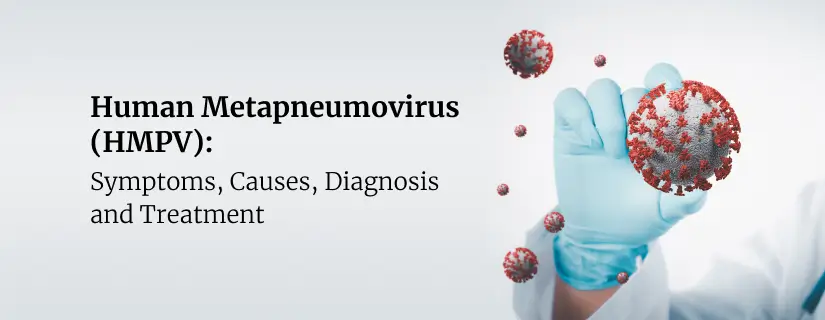
Human Metapneumovirus (HMPV) is a respiratory virus that can cause illnesses ranging from mild cold-like symptoms to severe respiratory infections, particularly in young children, the elderly, and individuals with weakened immune systems.
HMPV was first identified in 2001, two decades ago. This virus is not as transmissible as COVID-19, but necessary precautions, like wearing a mask, covering one's mouth while sneezing or coughing, and washing hands frequently with soap, need to be taken to prevent the infection.
Is HMPV Just a Cold?
HMPV often causes symptoms similar to a cold, and it can lead to more severe illnesses such as bronchitis or pneumonia or exacerbation of chronic respiratory conditions such as asthma or COPD.
How Common is HMPV?
HMPV is a widespread virus and one of the leading causes of acute respiratory infections globally. Most people are infected by the age of 5, with reinfections occurring throughout life.
Symptoms of HMPV
Symptoms can range from mild to severe and include:
- Runny nose
- Cough
- Fever
- Nasal congestion
- Sore throat
- Wheezing
- Shortness of breath
- Fatigue
Symptoms may progress to bronchitis or pneumonia similar to other viruses that cause upper and lower respiratory tract infections.
Causes of HMPV Infection
The exact causes of HMPV are not fully known. However, some factors contribute to the risk of infection such as:
- Viral transmission - Touching or coming in contact with the contaminated surfaces physical contact with the infected person, such as touching or shaking hands
- Seasonality - HMPV infections are more common during late winter and early spring, similar other respiratory infections
- Close environments or crowded places like schools, day care centres can increase the risk of HMPV infection
- People with weakened immune system and chronic respiratory conditions are more susceptible to the infection.
Risk Factors for HMPV
The HPMV predominantly affects young children (mostly under the age of 5 years), elderly people, individuals with weakened immune systems, and individuals suffering from chronic illnesses such as asthma, COPD, or heart diseases.
Complications of HMPV
Complications of Human Metapneumovirus(HMPV) infection include:
- Bronchitis
- Pneumonia
- Asthma exacerbations
- Respiratory failure (in severe cases)
- Secondary bacterial infections (a bacterial infection that occurs during or after the treatment of another infection)
How is HMPV Diagnosed?
A physical exam is performed to evaluate the symptoms. A laboratory test like PCR or a rapid antigen test is performed by taking swabs from the nose, mouth, or throat to identify the causative virus. In case of severe symptoms, a bronchoscopy may be ordered. In bronchoscopy, a thin tube with a tiny camera is inserted into the throat to collect the fluid. The fluid is then sent for testing for the virus.
How is HMPV Treated?
There is no specific antiviral treatment for HMPV. Supportive therapy includes:
- Rest and hydration
- Over-the-counter medications for fever and pain
- Supplemental oxygen or hospitalization and antiviral medications like Ribavirin can be given in severe cases
When Should I See My Healthcare Provider?
Seek medical attention if you or your child experience:
- Difficulty breathing
- Persistent high fever
- Worsening symptoms
- Symptoms of dehydration (e.g., dry mouth, reduced urination)
Prevention of HMPV
- Practice good hand hygiene.
- Avoid close contact with sick individuals.
- Disinfect commonly touched surfaces.
- Cover your mouth and nose when coughing or sneezing.
- Stay home when feeling unwell.
There is currently no vaccine for HMPV.
Conclusion
Although there is no specific treatment or vaccine for HMPV, supportive care and preventive measures like good hygiene and avoiding close contact with infected individuals can help manage and reduce its spread. Prompt medical attention is crucial for high-risk individuals showing severe symptoms.
FAQs
1. How is HMPV transmitted?
Human Metapneumovirus (HMPV) is transmitted through:
- Respiratory Droplets: When an infected person coughs, sneezes, or talks, droplets containing the virus can be inhaled by others.
- Direct Contact: Touching an infected person's hands, face, or other surfaces they have contaminated and then touching your own mouth, nose, or eyes.
- Contaminated Surfaces: The virus can survive on surfaces for several hours. Contact with these surfaces, followed by touching your face, can lead to infection.
Close personal contact, such as shaking hands or hugging, also increases the risk of transmission.
2. Is HMPV Similar to the COVID-19 virus?
HMPV and COVID-19 are both respiratory viruses, but they are caused by different pathogens. HMPV belongs to the Paramyxoviridae family, while COVID-19 is caused by the SARS-CoV-2 virus in the Coronaviridae family. They share some common symptoms, such as fever and cough, but HMPV generally has less severe outcomes compared to COVID-19.
3. Is HMPV contagious?
Yes, HMPV is highly contagious and spreads easily through respiratory droplets, direct contact with an infected person, and contaminated surfaces.
4. How long does HMPV last?
Mild cases of HMPV typically last 7–10 days. Severe cases, especially in vulnerable populations like young children, elderly people, and immunocompromised patients, may persist longer and require additional medical care.
5. How do you recover from a HMPV infection?
Recovery involves supportive care:
- Rest and hydration
- Fever and pain relief with over-the-counter medications (e.g., paracetamol or ibuprofen)
- In severe cases, hospitalisation and oxygen therapy may be necessary.
6. At what age does HMPV affect individuals?
HMPV can affect people of all ages, but it is most common and severe in:
- Young children under 5 years old
- Elderly individuals
- Immunocompromised patients
7. Do antibiotics treat HMPV?
No, antibiotics are ineffective against HMPV because it is a viral infection. Antibiotics may be prescribed only if there is a secondary bacterial infection, such as pneumonia.
8. Is there a vaccine to prevent HMPV spread?
Currently, there is no vaccine known for HMPV. Preventive measures, such as good hygiene and avoiding contact with sick individuals, are essential.
9. How long does it take to recover from HMPV?
Most people recover within 7 to 10 days, depending on the severity of the infection and the individual’s overall health.
10. Does HMPV in kids cause fever?
Yes, fever is a common symptom of HMPV in children, often accompanied by cough, runny nose, and difficulty breathing in more severe cases.

ENQUIRY FORM
SELECT CATEGORIES
-
Neurosciences (16)
-
Neurology (37)
-
Neurosurgery (14)
-
Orthopaedics (48)
-
Oncology (33)
-
Obstetrics and gynecology (51)
-
Pulmonology (23)
-
Urology (20)
-
Nephrology (13)
-
Psychiatry (7)
-
Dietetics and Nutrition (111)
-
General Medicine (63)
-
Cardiac Sciences (30)
-
Vascular & Endovascular Surgery and Interventional Radiology (10)
-
Gastroenterology (46)
-
Endocrinology (23)
-
Plastic Surgery (10)
-
Critical Care Medicine (5)
-
COVID-19 (16)
-
Dermatology (16)
-
Emergency Care (1)
-
Ophthalmology (4)
-
Pediatrics (14)
-
Laparoscopic and Bariatric Surgery (8)
-
ENT (15)
-
Kidney Transplant (1)
-
Liver Transplantation and Hepatobiliary Surgery (5)
-
General Surgery (3)
-
Internal Medicine (5)
-
Medicine Information
Lung Cancer Screening: Purpose, Preparation, Procedure and Eligibility
Chest Pain When Coughing: Causes, Treatment and Home Remedies
YOU MAY ALSO LIKE
RECENT BLOGS
-

Direct Anterior Approach in Total Hip Replacement: Advantages and Challenges
10 April 2025
Read More
-

Zinc Deficiency: Signs and Symptoms, Causes, Treatment
9 April 2025
Read More
-

Chest Pain When Coughing: Causes, Treatment and Home Remedies
9 April 2025
Read More
-

12 Health Benefits of Eating Mushrooms
8 April 2025
Read More
-

7 Health Benefits of Blood Donation You Should Know About
8 April 2025
Read More
-

Implantation Bleeding Vs Periods: Know the Difference
28 February 2025
Read More
-

Bloating During Ovulation: Symptoms, Causes and Remedies
28 February 2025
Read More
-

Itching During Dengue: Causes, Treatment and Home Remedies
18 February 2025
Read More
Have a Question?
If you cannot find answers to your queries, please fill out the enquiry form or call the number below. We will contact you shortly.




